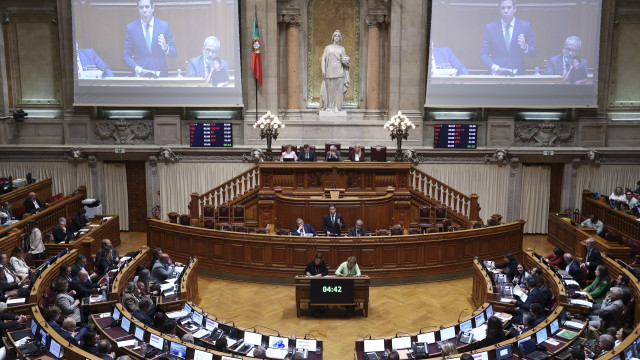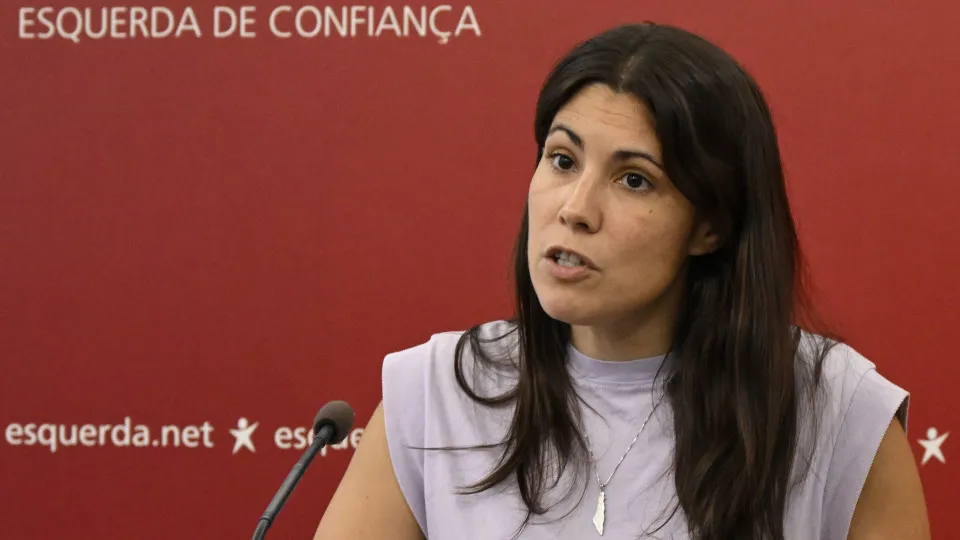
Efforts to modify the 2026 State Budget were outlined at a press conference in the Portuguese Assembly of the Republic, presented by the parliamentary leader of the PS, Eurico Brilhante Dias, along with deputies António Mendonça Mendes and Miguel Costa Matos.
Miguel Costa Matos, formerly the secretary-general of Juventude Socialista (JS), noted that the PSD/CDS-PP government proposed “a budget that, for the first time in five years, increases tuition fees.”
“The PS aims to align with the student movement to block this increase and ensure the freezing of tuition fees across all study cycles. In this context, we propose the elimination of the minimum tuition fee, which was set at 495 euros,” he declared.
Additionally, the PS seeks to “begin the process, in collaboration with higher education institutions, to establish a maximum limit for master’s degree tuition, to provide a structural solution for improving access to master’s programs for young people.”
In fiscal matters, the PS suggests that “those who receive freelance invoices, including both young precarious workers and others, can have a withholding tax system with variable rates,” and that “IRS can be reduced for those earning less through freelance work,” stated Miguel Costa Matos.
António Mendonça Mendes, a former Secretary of State for Fiscal Affairs, announced a proposal to prohibit “the sale of public properties suitable for housing” by the government.
“As you know, the government anticipates significant revenue in the State Budget from the sale of public properties, including, for instance, the former building of the Presidency of the Council of Ministers, well-known for its housing potential,” he noted.
“Moreover, the Finance Minister stated that this revenue isn’t part of the State Budget, but instead tied to expenses related to housing. We aim to reset this, advocating that all public buildings with housing suitability be made available for the affordable housing market, and that is our proposal,” added António Mendonça Mendes.
The PS deputy also emphasized, among other measures, “the proposal for toll exemption from the second quarter of 2026 for all residents of Alentejo on the A6 and A2 stretches serving the Alentejo region,” as “an incentive to aid residents and promote greater territorial cohesion within these regions.”




